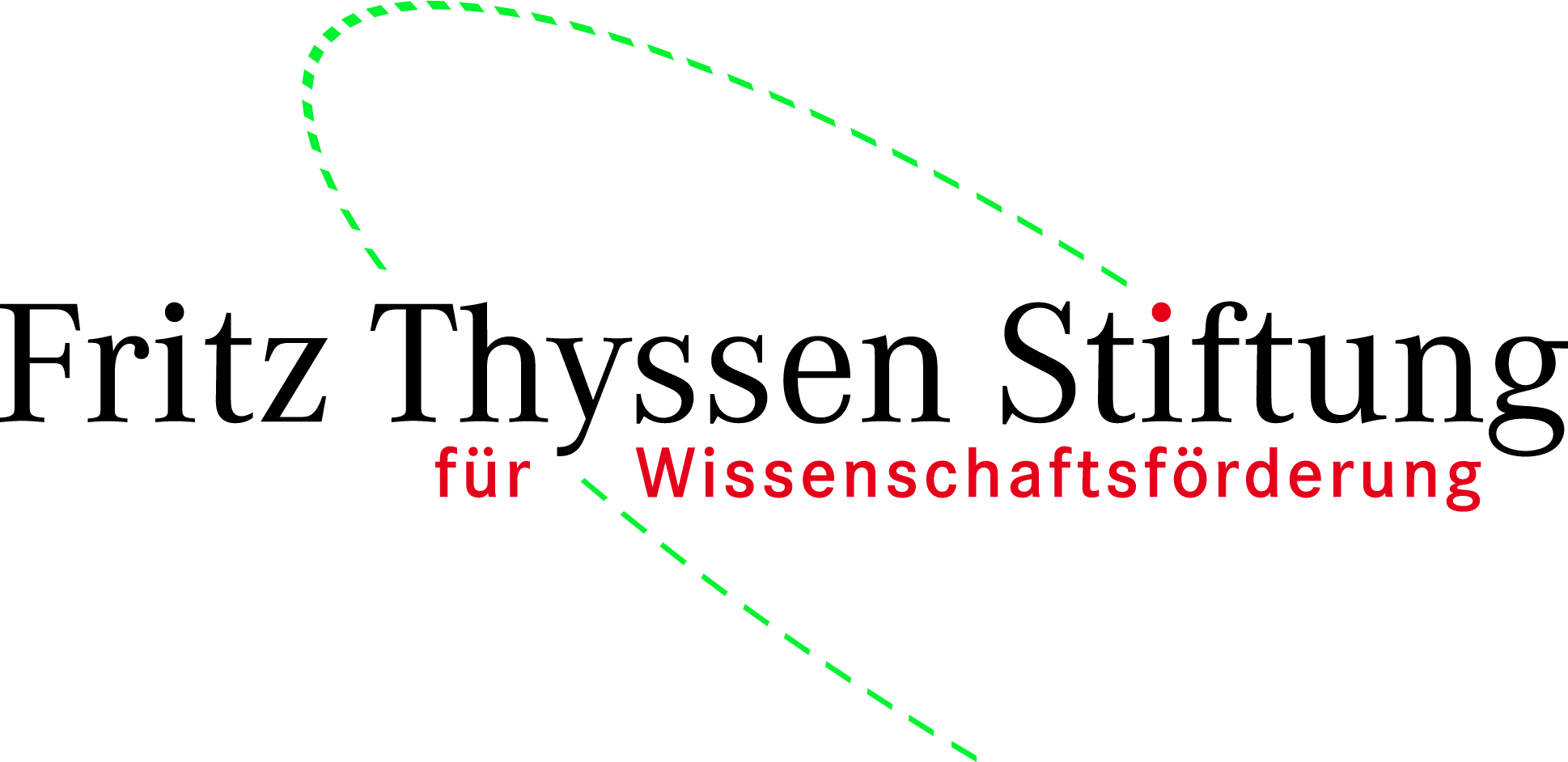
Kontakt
Dr. Timo Faltus
Telefon: + 49 (0) 345 - 55 23 168
timo.faltus@jura.uni-halle.de
Martin-Luther-Universität Halle-Wittenberg
Juristische und Wirtschaftswissenschaftliche Fakultät
Universitätsring 2
06108 Halle an der Saale
Fritz Thyssen Stiftung - Citizen Science Projektübersicht
Fritz Thyssen Stiftung - Projekt:
Analyse und Regulierung von therapieorientierten Citizen Science-Projekten
Die Fritz Thyssen Stiftung fördert ab dem 01.06.2020 an der Martin-Luther-Universität das Forschungsprojekt „Analyse und Regulierung von therapieorientierten Citizen Science-Projekten“.
Citizen Science-Projekte, die auch als bürgerwissenschaftliche Projekte bezeichnet werden,
bilden einen wachsenden Rahmen an Möglichkeiten für die öffentliche, nicht institutionalisierte Beteiligung nicht nur in Projekten im Bereich der Naturbeobachtung, sondern auch in Projekten der Gesundheits- und medizinischen Forschung. Ebenso gehen durch Citizen Science-Projekte neue Impulse für kollaborative Formen des Engagements zwischen institutionalisierter Wissenschaft und nicht institutionalisierte Citizen Science-Projekten z.B. in Großforschungsprojekten mit erheblichem Datenbedarf aus.
Bei Citizen Science (Bürgerwissenschaft) handelt es sich verallgemeinert um eine Form der zugangsoffenen Wissenschaft, bei der Projekte unter Mithilfe von Personen oder komplett durch Personen durchgeführt werden, die nicht in den Betrieb der an Universitäten und sonstigen Forschungseinrichtungen institutionalisierten Wissenschaft eingebunden sind. Das Gebiet zeichnet sich derzeit u.a. durch seinen tatsächlichen, faktischen Überhang im Vergleich zu seiner forschungsethischen, rechtlichen und sozialen Beschreibung aus.
Ein Teilaspekt, in dem bislang noch nicht systematisch quantifizierten Citizen Science-Feld sind Projekte, deren Fokus auf die Entwicklung oder Weiterentwicklung humanmedizinischer Therapien zur Behandlung von Krankheiten gerichtet ist. Zuweilen wird hier auch von „Patient Citizen Science“ gesprochen. Zum Teil gehören hierher auch Aktivitäten im Zusammenhang mit dem stark wachsenden Feld des „Quantified Self“, auch bezeichnet als Self-Tracking (Selbstvermessung), sofern die dabei gewonnenen Daten in die Entwicklung von Therapien einfließen. Beispielsweise finden sich heute schon therapieorientierte Citizen Science-Projekte im Zusammenhang mit der Diabetesforschung, der Antibiotikaforschung, der Alzheimerforschung, der Mukoviszidoseforschung, der Erforschung der Multiplen Sklerose sowie der Erforschung des Fragilen-X-Syndroms. Hier wurde zum Teil schon – in den USA – beobachtet, das sogar gentherapeutische Ansätze auch unter Verwendung des CRISPR/Cas-Systems außerhalb des institutionalisierten Wissenschafts- und Medizinbetriebs entwickelt und anwendet worden sind.
Summarisch besehen zeigen sich auch bei therapieorientierten Citizen Science-Projekten unterschiedliche Projektformen, die von der Zusammenarbeit von institutionalisierten Wissenschaftlern mit Laien bis hin zu komplett durch Laien initiierten und durchgeführten Projekten reichen. Bei therapieorientierten Citizen Science-Projekten arbeiten also Personen, die nicht wie typischerweise bei der Therapieentwicklung üblich, zwingend eine naturwissenschaftlich-medizinische Ausbildung haben. Zudem findet die Entwicklung von Therapien bei therapieorientierten Citizen Science-Projekte in anderen räumlichen, strukturellen Gegebenheiten statt als dies bislang im institutionalisierten Wissenschaftsbereich üblich ist.
Das Feld solcher therapieorientierter Citizen Science-Projekte ist in Deutschland bislang systematisch noch nicht aufbereitet; weder in empirischer noch in forschungsethischer sowie rechtlicher Sicht. Die Durchführung von therapieorientierten Citizen Science-Projekten hat sich bislang daher bislang auch unter dem Wahrnehmungsradar der forschungsethischen und rechtlichen Bearbeitung abgespielt, sodass hierzu forschungsethische und vor allem rechtliche Einschätzungen fehlen. Es ist daher bislang unklar, welche forschungsethischen Grundsätze in solchen Projekten eingehalten werden sollten bzw. welcher Rechtsrahmen für solche Projekte einschlägig ist. Beispielsweise ist damit auch unklar, ob bzw. inwieweit solche Projekte – unabhängig von den zurzeit bereits tatsächlich durchgeführten Projekten hierzu – überhaupt zulässig sind.
Das von der Fritz Thyssen Stiftung geförderte Projekt wird daher zunächst die rechtlichen sowie forschungsethischen Fragen im Zusammenhang mit therapieorientierten Citizen Science-Projekten aufzeigen und Lösungsansätze für diese Fragen entwickeln. Hierdurch soll auch die Basis für zukünftige Studien zu diesem Bereich gelegt werden.
Das Projekt wird von folgenden aufeinander aufbauenden Forschungsfragen geleitet:
- Welche Kriterien definieren ein therapieorientiertes Citizen Science-Projekt?
- Wie ist das Feld der therapieorientierten Citizen Science-Projekte in quantitativer und qualitativer Hinsicht aufgestellt?
- Welchen verfassungsrechtlichen Rahmen haben therapieorientierte Citizen Science-Projekte? Welche Bedeutung hat das Recht auf Wissenschaft aus dem Internationalen Pakt über wirtschaftliche, soziale und kulturelle Rechte (UN-Sozialpakt) in Bezug auf therapieorientierte Citizen Science-Projekte?
- Welcher einfachgesetzliche Rahmen besteht für therapieorientierte Citizen Science-Projekte auch in Anbetracht des verfassungsrechtlichen Rahmens? Inwieweit besteht hier in Anbetracht der Chancen und Risiken therapieorientierter Citizen Science-Projekte gesetzlicher Handlungsbedarf?
- Welcher forschungsethische Maßstab sollte für therapieorientierte Citizen Science-Projekte Anwendung finden?




